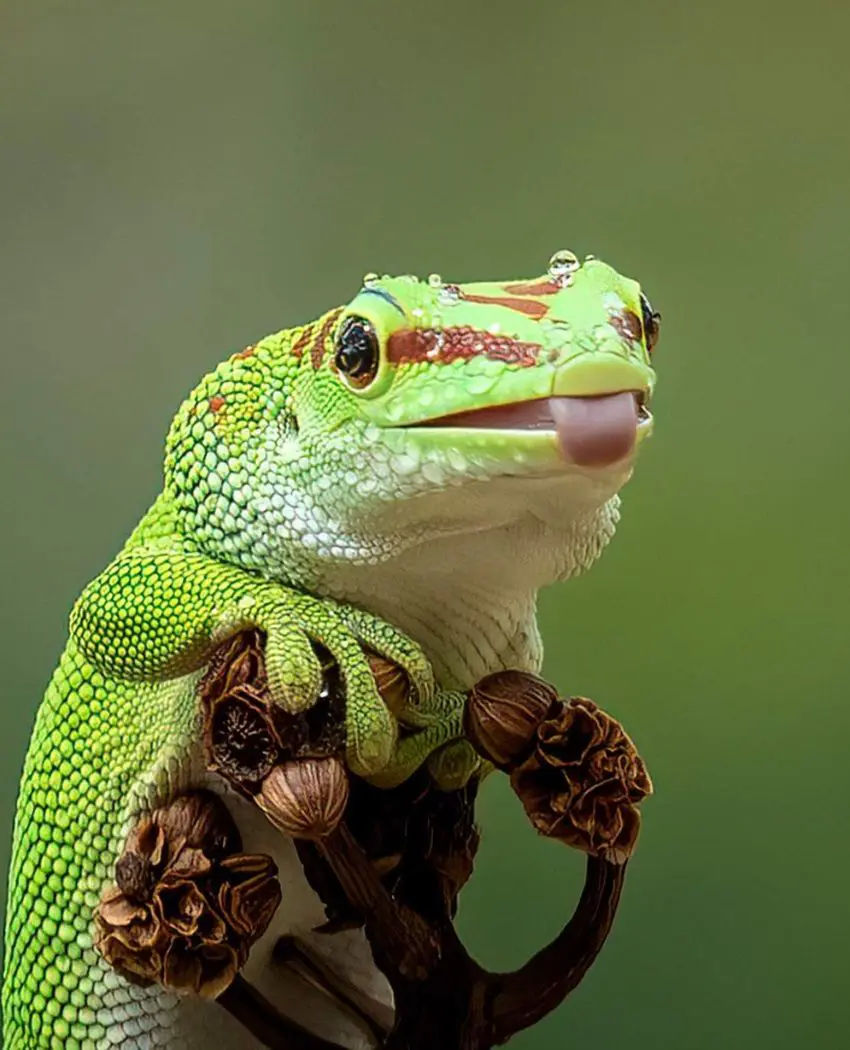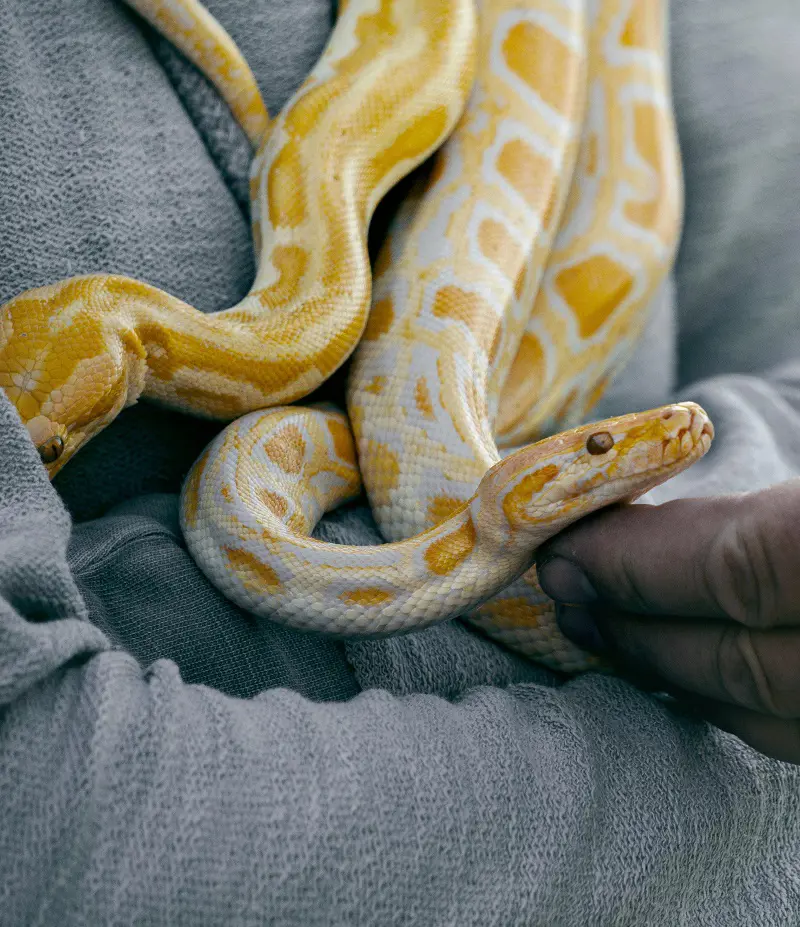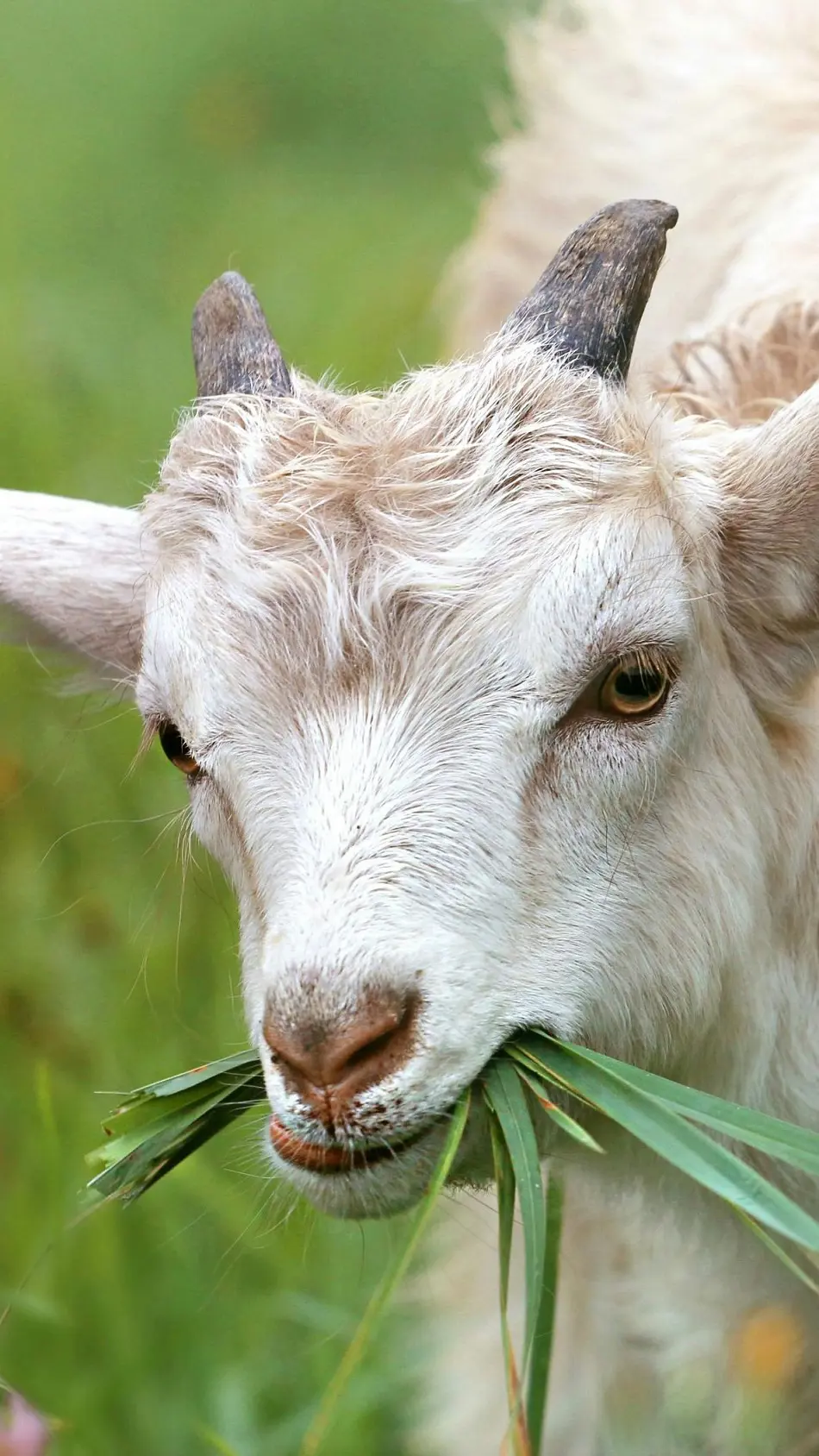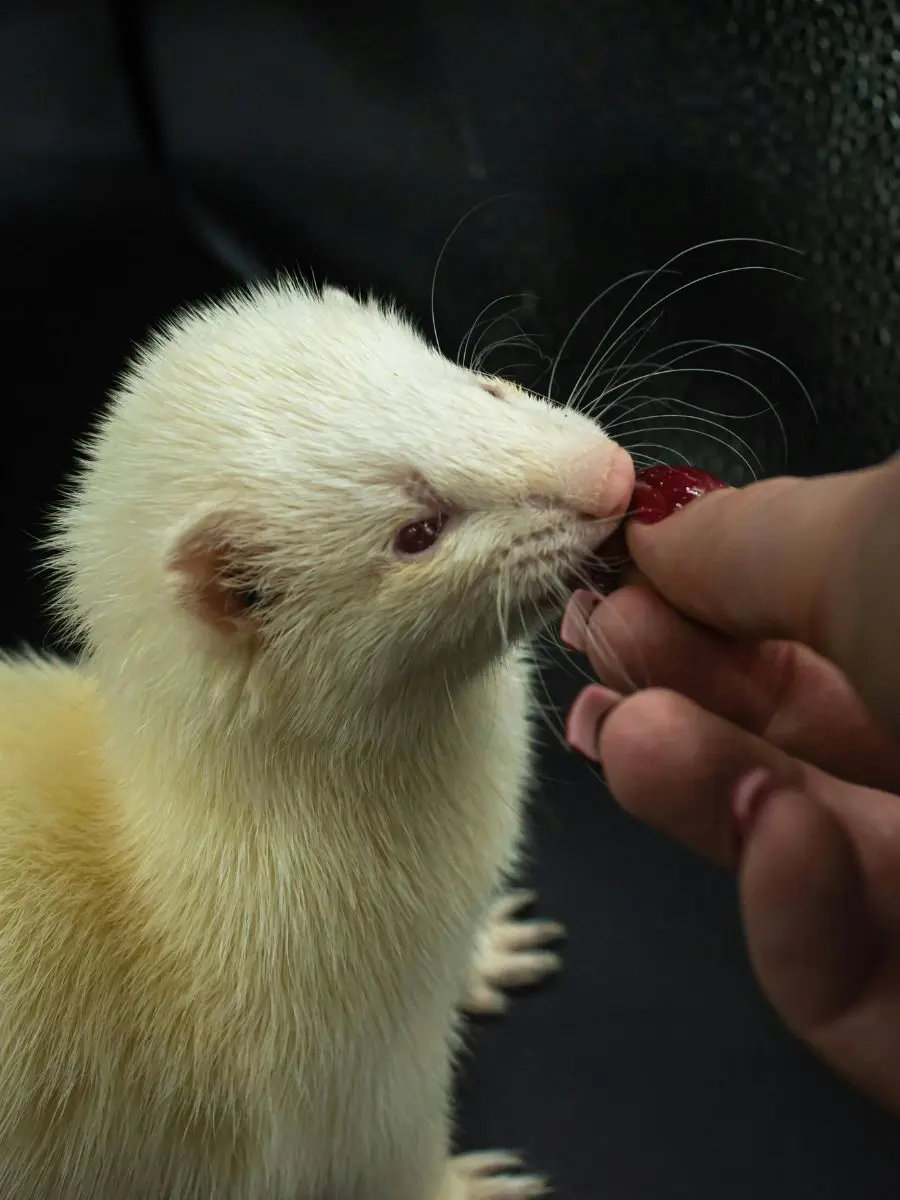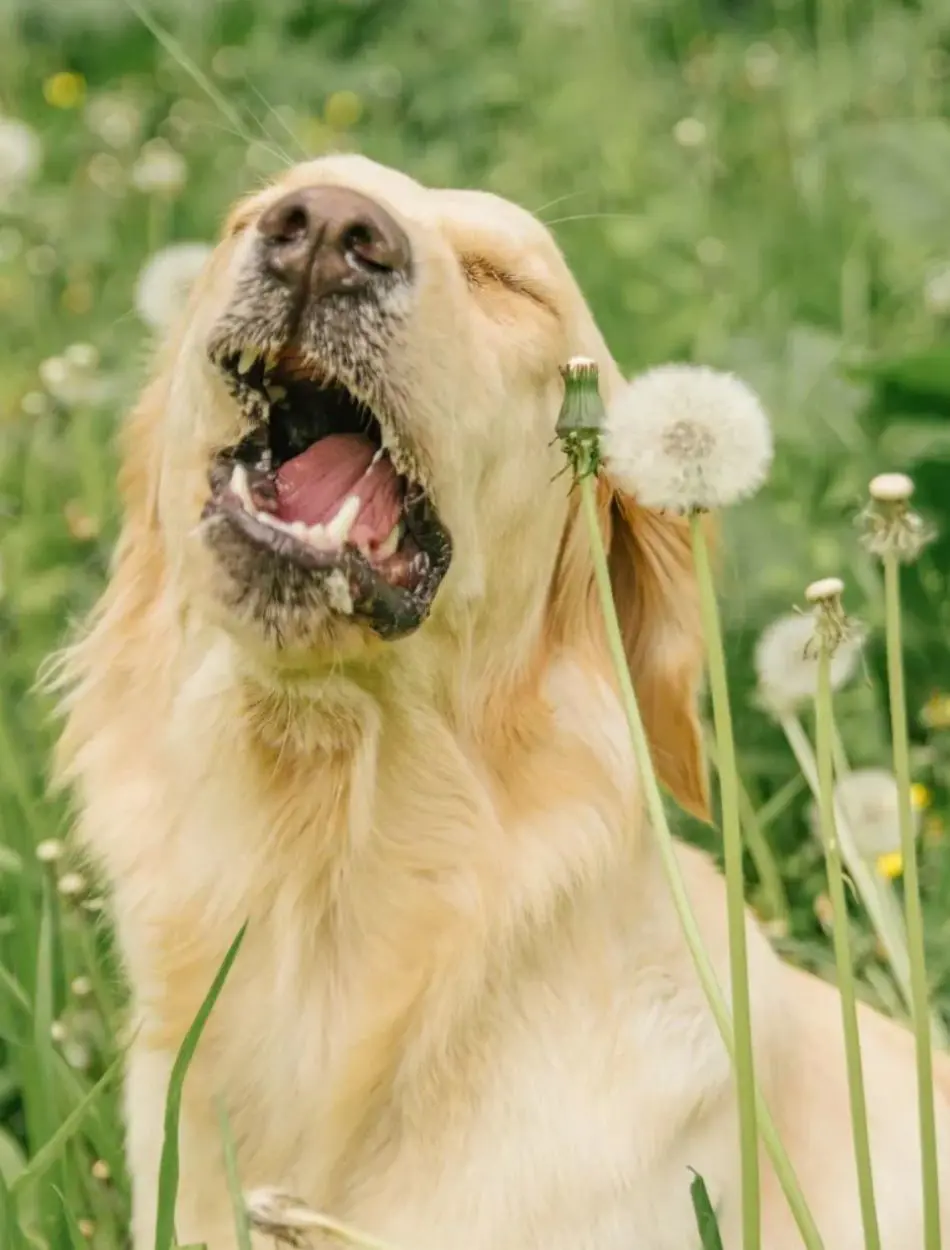What Do Bearded Dragons Eat?
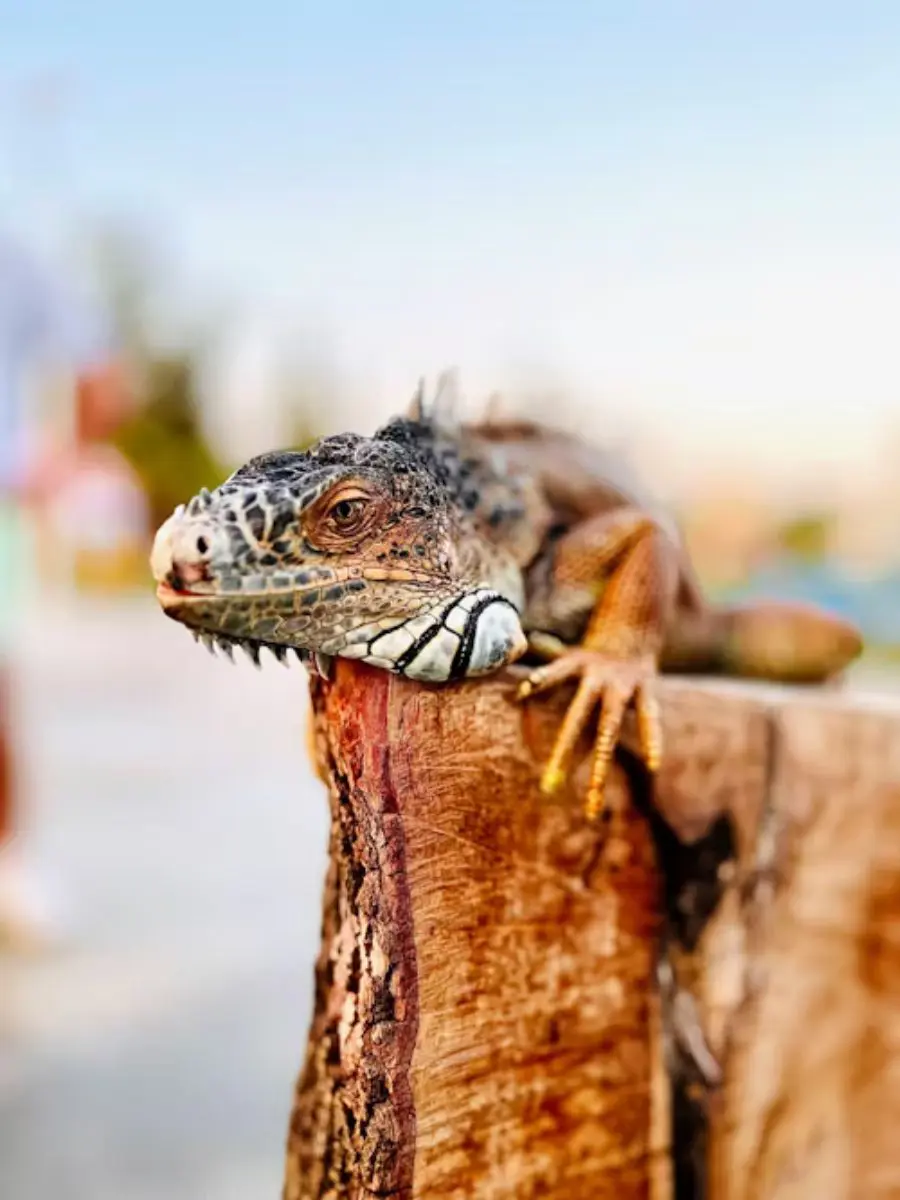
Bearded dragons are omnivorous reptiles that thrive on a diet of both insects and plant-based foods. Their meals typically include crickets, mealworms, leafy greens, and a variety of fruits to ensure balanced nutrition.
Originating from arid, desert-like regions, these animals have developed to take on a wide range of food items, reflecting the broad food spectrum that happens to be present in their natural environment. Feeding animals in captivity as close as possible to the rations that they receive naturally is important in maintaining health and vigor.
Bearded Dragon Dietary Needs
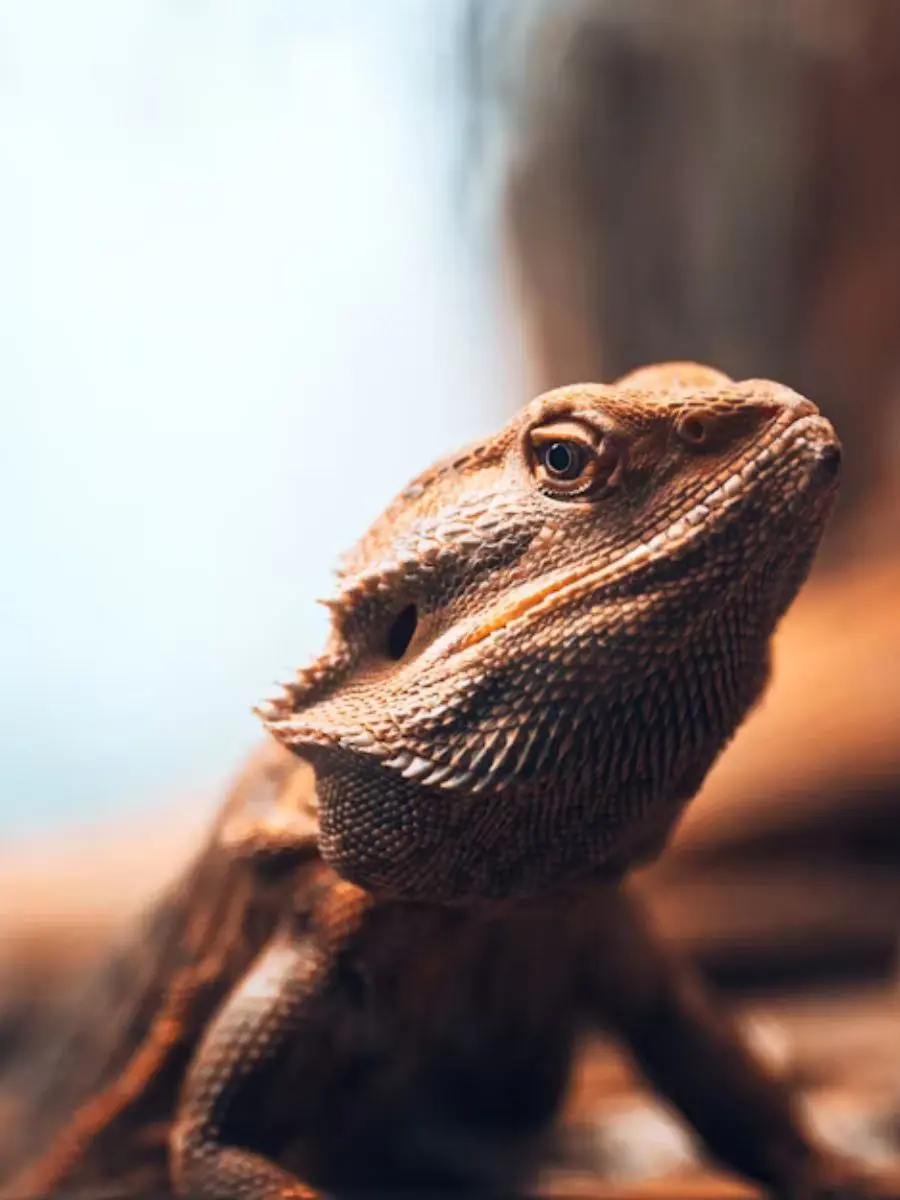
The bearded dragon's omnivorous diet, which consists of equal parts plant and animal matter, demonstrates this. They regularly consume a variety of insects, including locusts, beetles, and crickets, which provide them with the necessary fat and protein.
Berries, greens, and flowers are plants that are added to the diet of African bearded dragons in the wild in the form of fruits and vegetables. These plant-based foods are preferred because they then make the health and nutritional state of bearded dragons better.
Of course, any varied diet should be reproduced in captivity to ensure bearded dragons acquire all nutrients needed for proper development and good health. For this reason, pet owners need to provide variation for their animals, with various insects, fruits, and veggies representing their natural diet.
Foods That Breaded Dragon Can Eat
Proper nutrition is the key to the health and well-being of bearded dragons, so the foods that can be fed to them should be known. Fruits, vegetables, and a protein source should be sufficient to maintain bearded dragon health, and feeding such foods will help in meeting the nutritional requirements.
Vegetables, a little of all, such as squash and dark greens, are the prime source of vitamins and good minerals for their well-being. Fruits provide a variety and more sources of essential nutrients. However, fruits should be carefully given considering their high sugar content.
A diet incorporating these varieties of foods in the correct balance will give your bearded dragon everything it needs in terms of nutrition to be healthy and optimal. It's also really important for their health to change their diet periodically to meet the different needs they have as they grow older.
Crickets
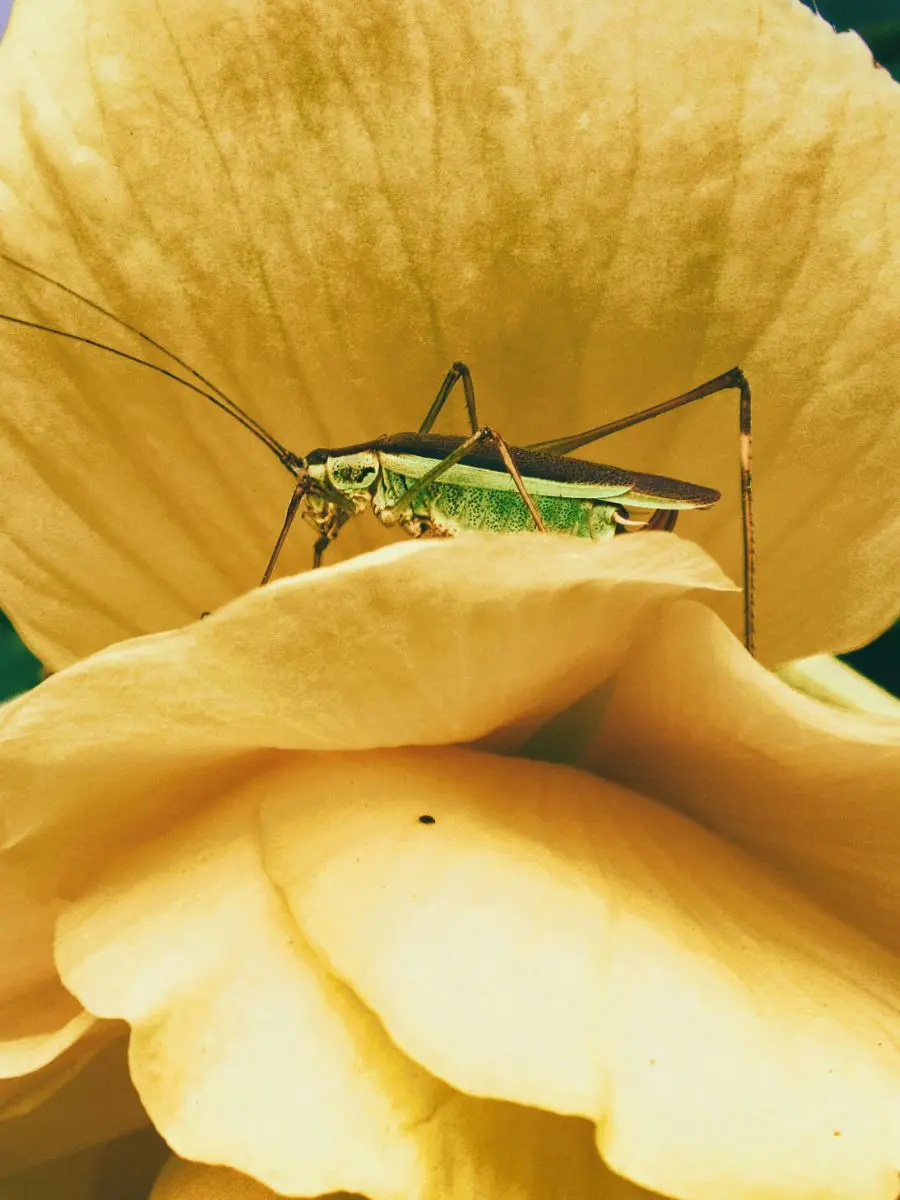
Crickets are great for bearded dragons because they help them grow with their high protein and fat content. To increase their nutritional value, they should be fed a nutritious diet before being offered.
The crickets should be alive to stimulate natural hunting activity and correct in size to prevent choking. Sprinkle them with calcium and vitamin D3 tablets to maintain proper bone health. Overfeeding can cause obesity, so balance their intake to keep them on a balanced diet with various food sources.
Dubia Roaches
The calcium-to-phosphorus ratio they provide is ideal for promoting healthy bones. They are also very nutritious. They are just perfect for frequent feeding because they are easily digested and possess less fat.
The owner and the dragon will also benefit from the fact that they do not have a great tendency to escape. Roaches' nutritional benefits are enhanced by dust-feeding calcium supplements. Moderation is necessary since variety in their diet is crucial in sustaining general health and prevention of deficiencies or excesses in nutrition.
Mealworms
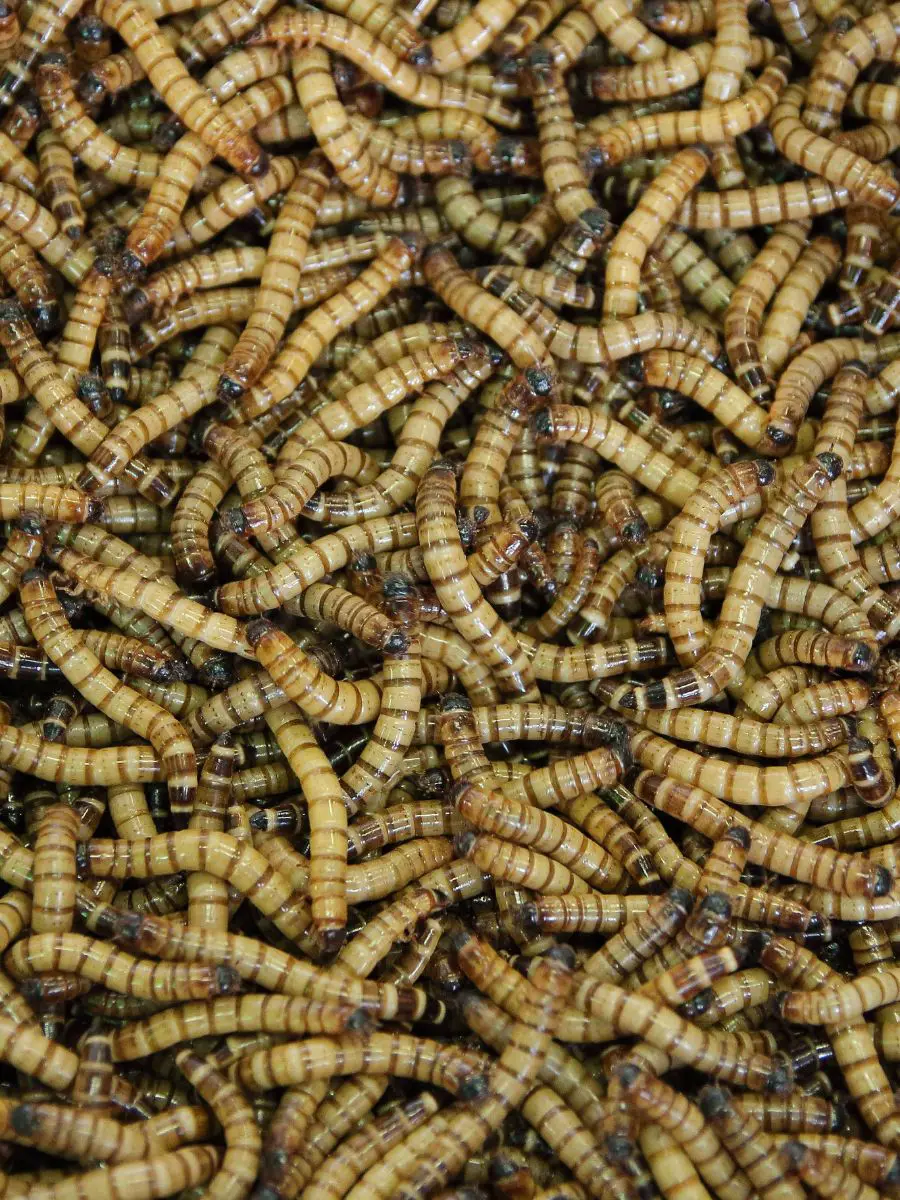
Although mealworms have a high-fat content, they are a good source of protein. Because of this, they should be used very infrequently as a food source. Feeding too much can cause obesity, but it is excellent for adding bulkiness.
Mealworms should not be used as the primary diet because of the hard outer exoskeleton, which is hard to digest. A good trick in keeping them balanced and avoiding health issues is offering them occasionally along with gut-loading and dusting with calcium.
Black Soldier Fly Larvae
The larvae of the black soldier fly are a great source of protein and calcium that promote bones, health, and vitality. They are much softer and more digestively easy compared to other insects. Especially their larvae are helpful for raising and reproducing dragons. Live feeding can also tempt them to exhibit natural hunting behavior. Added to other foods, regular inclusion into the diet contributes to a full nutrient profile. Calcium and vitamin D3 supplements are essential for optimum health.
Collard Greens
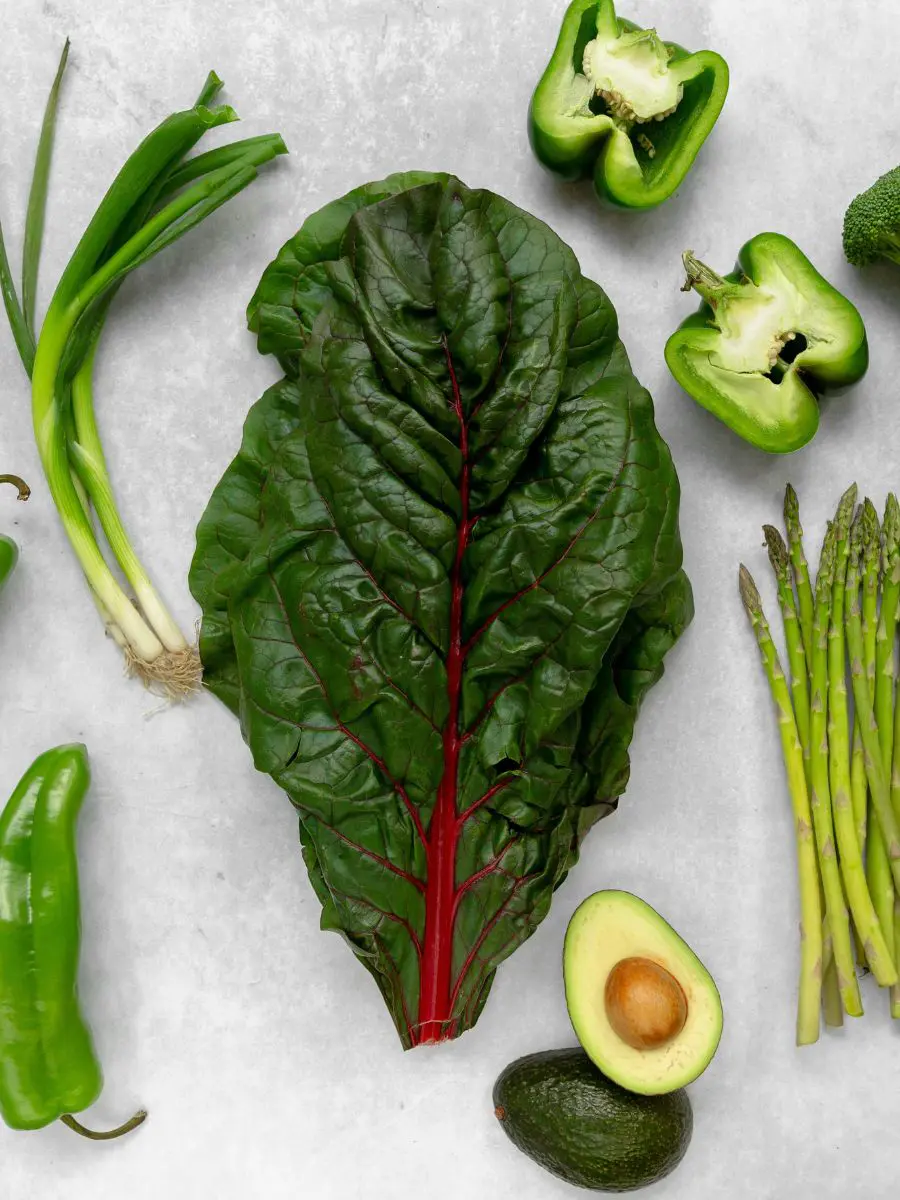
A bearded dragon's diet should include a variety of vegetables; collard greens especially have a high content of calcium and essential vitamins. They help provide for strong immune systems and bones.
Chopping them into small pieces allows for easier intake and digestion of the greens. Just like any leafy greens, adding them daily will ensure there is no nutritional deficiency. Rotating between different types of greens maintains overall health and wellness.
Butternut Squash
Butternut squash is rich in vitamins A and C, which help support good immune function and promote healthy vision. It contains dietary fiber, which allows it to be digested more easily. Serve it raw or slightly steaming to make it more digestible for bearded dragons.
Many dragons love the sweetness of butternut squash naturally. Having a staple of butternut squash on a regular basis ensures dietary variety and completeness with respect to their nutritional needs and complements other fruits and vegetables well.
Bell Peppers
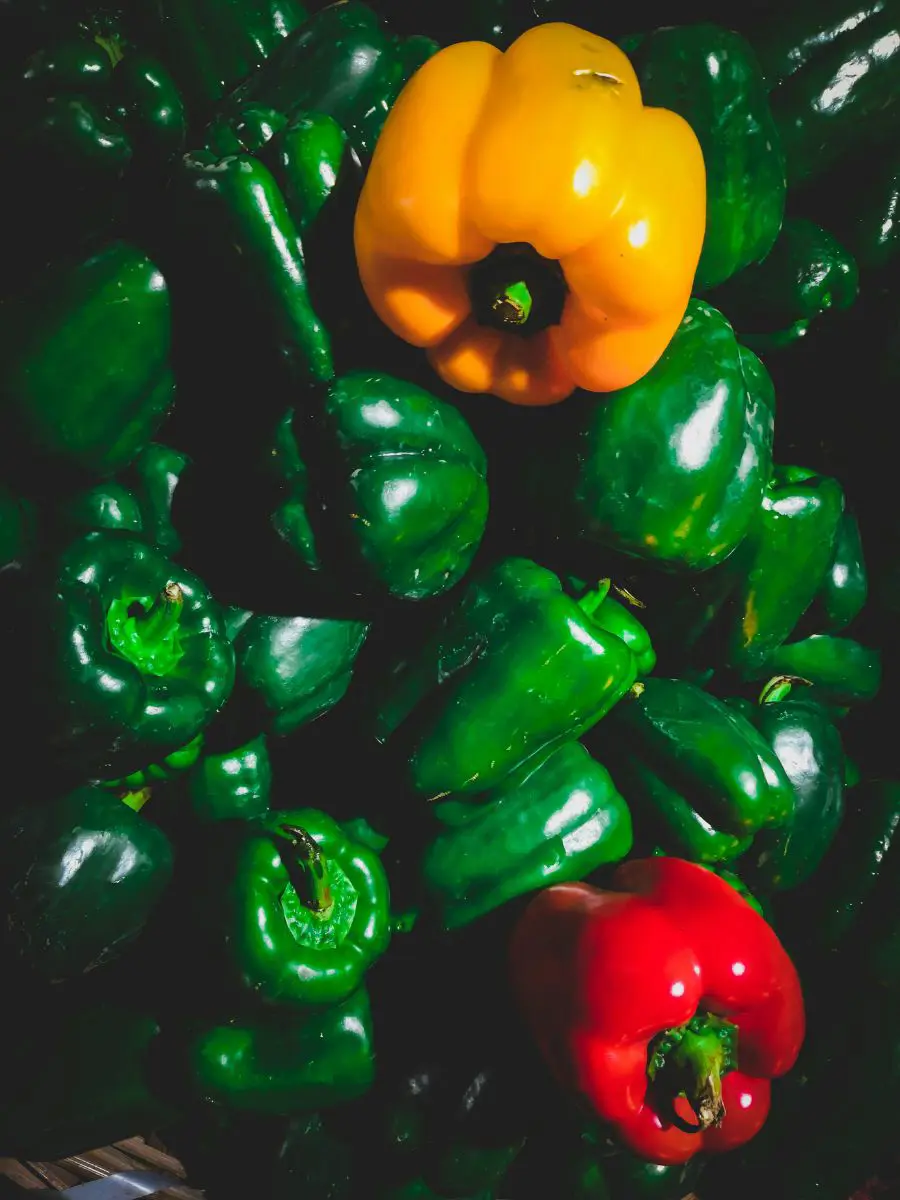
Bell peppers are colorful vegetables rich in vitamins A and C, which improve general health and immunity. They are more consumable when provided at a tender stage of life and in both raw and steamed forms.
The antioxidant properties present help in fighting against cell deterioration. Similar to many fruits and vegetables, the composition of bell peppers is a healthy dietary provision and prevention of nutritional disorders.
Apples
Apples are a great source of fiber and vitamins for bearded dragons. However, due to their high sugar content, apples must not be given too frequently. Apples also contain vitamin C, which supports the immune system.
Seeds must always be removed because they can be a choking hazard, and apples should be cut into small pieces. Apples should make up only about 10% of the diet to ensure a balanced consumption with other meals.
Blueberries
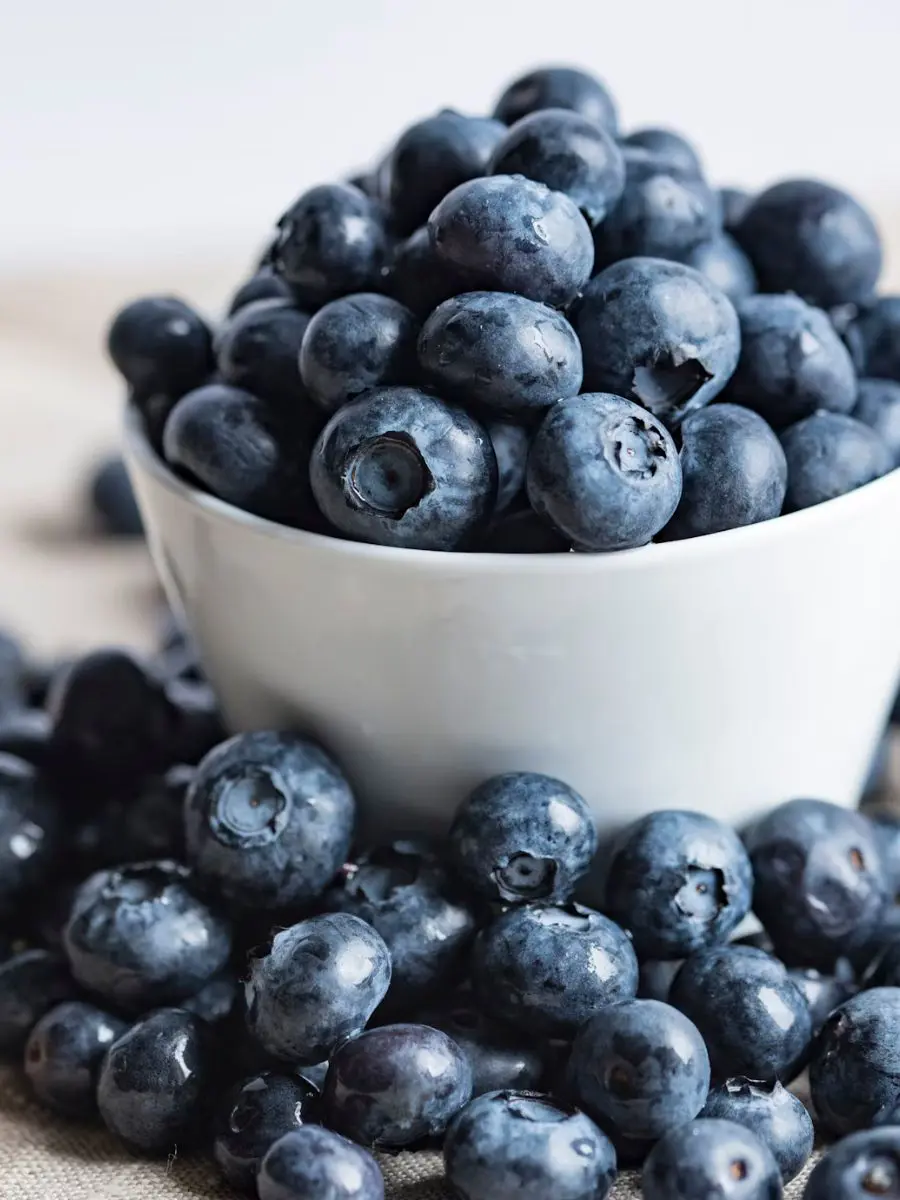
Blueberries are full of antioxidants and vitamins, helping develop the immune system and promoting general health. Their fiber content ensures they are digested without much effort. Eat them whole if they are small enough, or cut them into halves to avoid choking.
Due to their sugar content, they must be given as a reward once in a while rather than as a type of food. If they are consumed in moderation, they will balance out other fruits and vegetables in a diet.
Strawberries
Strawberries are rich in antioxidants and vitamin C, which provide the immune system with more health and energy. Since they contain a lot of sugar, strawberries can be given in small amounts.
They should be cut into small, manageable pieces, and their stems removed carefully. If other fruits and vegetables are given occasionally, the child will experience a range of nutrients and a balanced diet.
Carrots
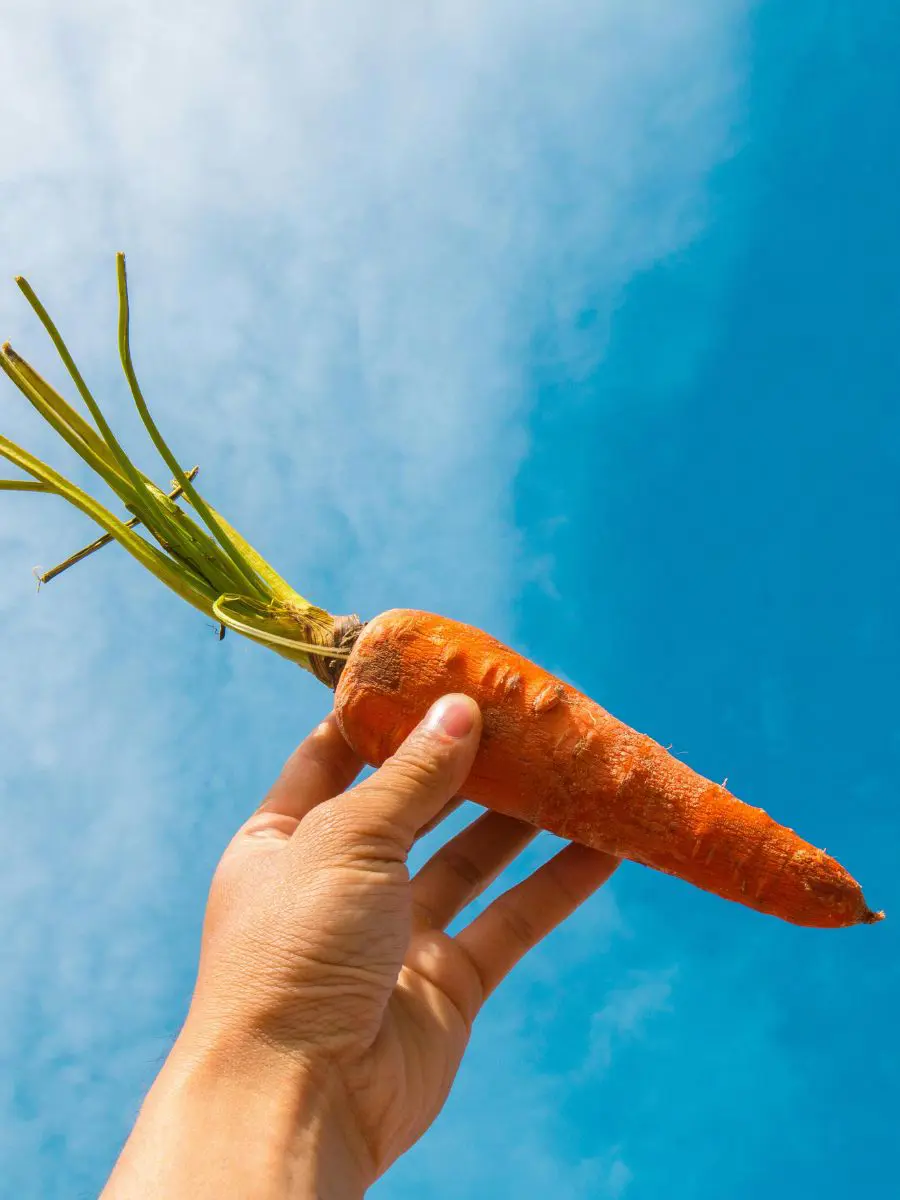
Beta carotene in carrots supports health and eyesight. To avoid a choking hazard and for ease of digestion, grate or chop carrots into very tiny pieces. Carrots are also great sources of fiber and vitamins for intestinal health.
Depending on your dragons' preference, feed them raw or slightly steamed carrots. Carrots help provide a varied diet that promotes general health and a balanced nutritional standpoint.
Foods To Avoid
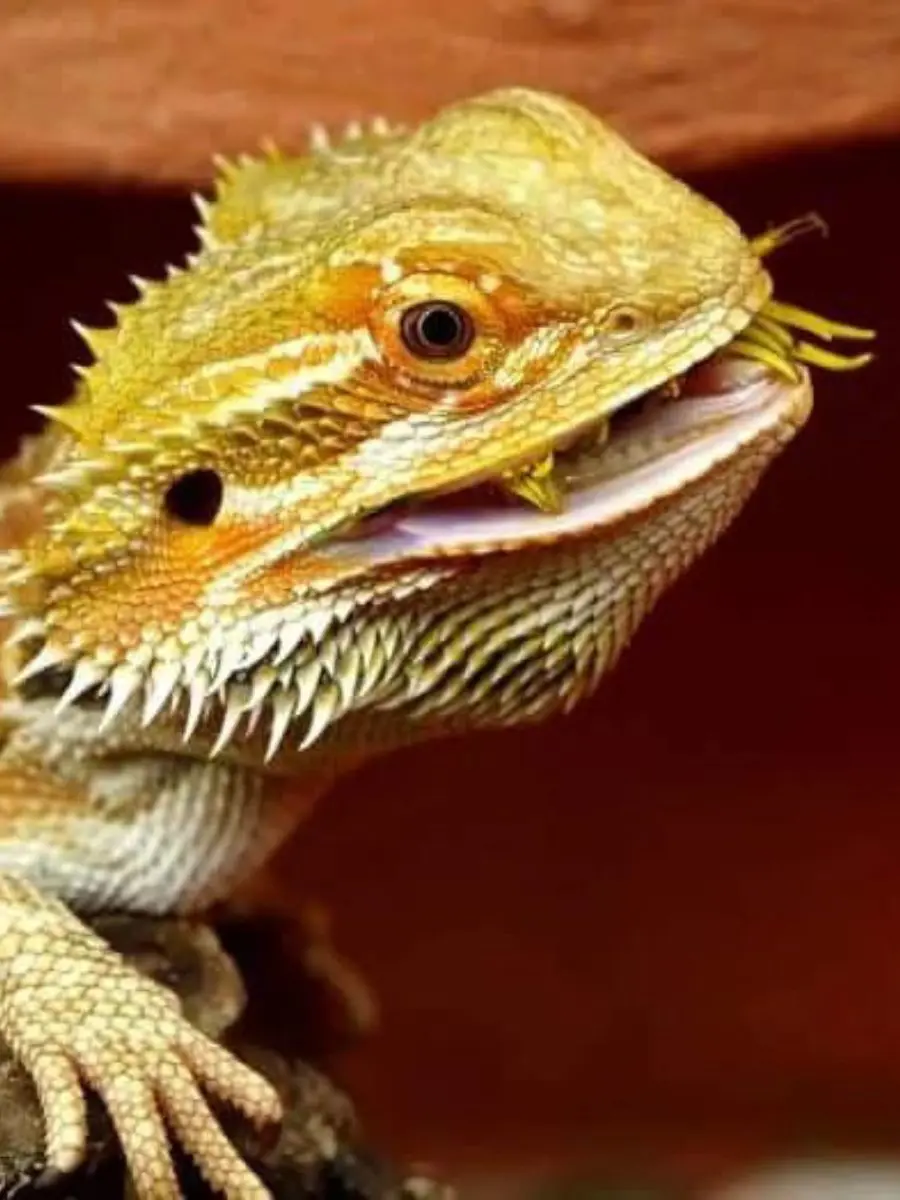
Some vegetables like spinach, rhubarb, and beet greens contain a high amount of oxalate and must not be given to bearded dragons. When these veggies are consumed habitually, the possibility of oxalates binding with calcium results in metabolic bone disease and calcium deficiencies.
Toxic fruits and vegetables are just as serious issues. One such poisonous element is persin, which is in avocados and lethal to bearded dragons and other animals. Onions and garlic can also be very unhealthy, and insects caught in the wild can contain harmful chemicals or parasites that make them unsafe for consumption.
Insect feeding is a must in a bearded dragon's diet, but there are some species that must be avoided at all costs. Other bright insects, such as fireflies, are highly poisonous and may cause great damage to people's health. Besides, insects taken from the wild could have been exposed to pesticides, making them unsafe.
How Much And How Often To Feed
A healthy bearded dragon does need some knowledge of his feeding schedule and portion quantities. Juvenile dragons, which grow at an exponential rate, will have to be fed more frequently, actually three times per day, with more insects and smaller portions of vegetables.
As for older ones, bearded dragons require fewer feedings-actually one per day is higher in vegetables and low in insects. Wholesome portion sizes and timing go a long way in supporting a balanced diet for general well-being through the risk reduction of obesity, overfeeding, and nutritional imbalances.
Juveniles
As juvenile bearded dragons are at different growth stages, they should be fed numerous times a day-about twice or three times a day, with fresh vegetables daily and insects as much as the juvenile can eat in ten to fifteen minutes.
Adults
Adult bearded dragons are fed once a day, having vegetation as the main course and insects two to three times a week. Food should be presented just enough for the bearded dragon to eat in ten to fifteen minutes at one time to avoid overindulgence that may lead to obesity.
Monitoring and Adjusting Bearded Dragon's Diet
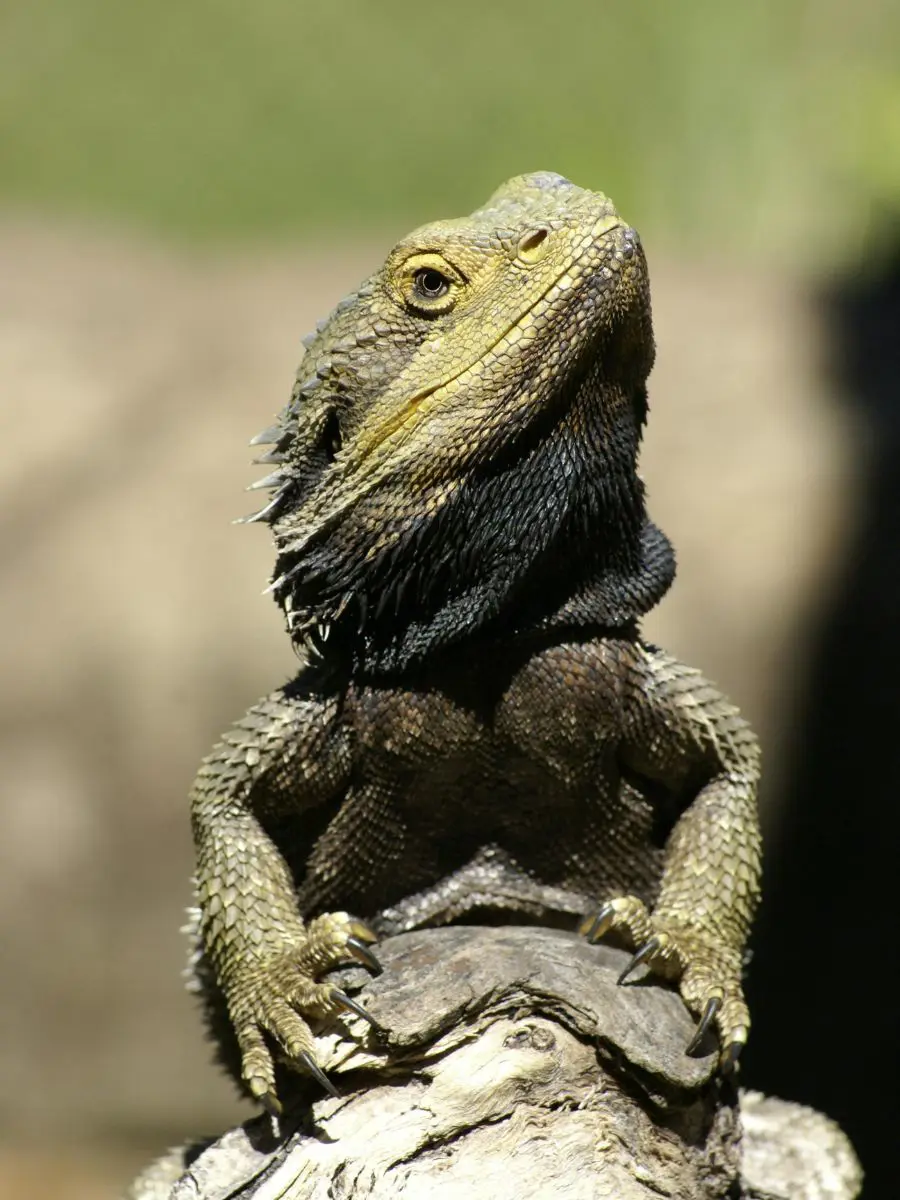
Monitoring the weight, health, and behavior of the bearded dragon is very important so that proper diet and general care can be reviewed. Monitoring these variables ensures that the dragon's nutritional needs are being met while also allowing problems to be caught early. The first signs of weight loss, unusual lethargy, or any behavioral abnormality may show that the dragon has a nutritional imbalance or health problem.
Food consumption for bearded dragons varies by age and size. Kids' consumption should be adjusted to the new needs because, in this case, it is important to reassess and change portions and types of food consumed. For growth, adults need veggies in the highest proportion, while juveniles need more proteins.
Changing their food can help your bearded dragon recover if they develop any sicknesses or other health issues. You will want to consult with a vet about the changes that can be done with their food and to make sure that your dragon is healthy fed throughout its life.
Recent posts
Pets
20 Pet Friendly Stores In The USA
Over the years, the population of pet owners, especially ones with dogs, has increased. Naturally, this has also increased the need for pet-friendly stores because pet owners no longer want to give business to stores where their furry best friends ar...
Why Do Horse Have Manes?
Horses have manes primarily for protection and communication. The thick hair shields their necks from insects, weather, and potential predators, while also serving as a way for horses to express social cues among their herd. In this article, we are g...
18 Foods Geckos Can Have
Geckos are a group of small to medium-sized lizards known for their unique adaptations. It is important to understand what geckos eat before you bring them home. The exact food for geckos may vary based on their age, species, and activity level...
20 Foods You Can Give To Your Pet Snake
With the increase in people's unique interest and taste for pets, snakes are becoming more popular. These reptiles are considered fascinating creatures and are preferred mainly by those who want a long-term commitment from their pets. Unlike other us...
17 Foods That Goats Can Eat
Although they naturally are curious and may enjoy the many types of food available, it is much better if well-rounded nutrition is given to them to ensure they will have good health. A variety of food keeps them healthy but also pleases their taste f...
18 Foods That Ferrets Can Have
Ferrets are small, active animals that have gained popularity as pets owing to their curious social nature and athleticism. Although they are playful pets, ferrets nonetheless have different nutritional needs than more common companion animals like c...


